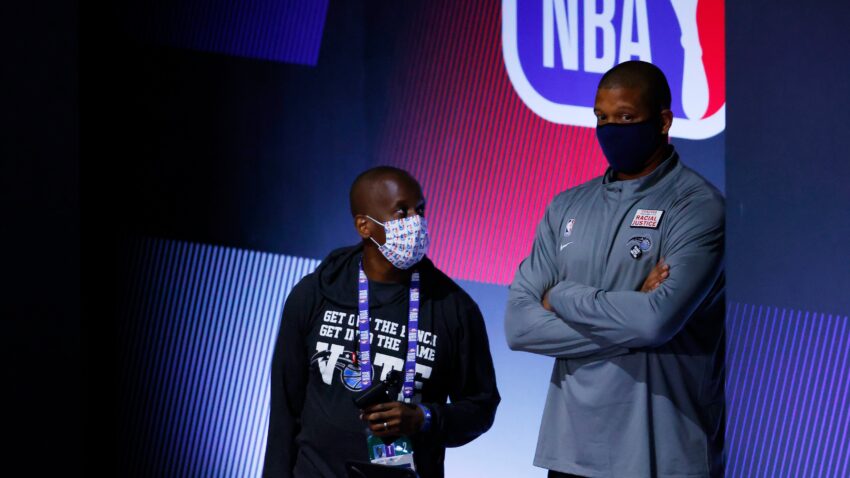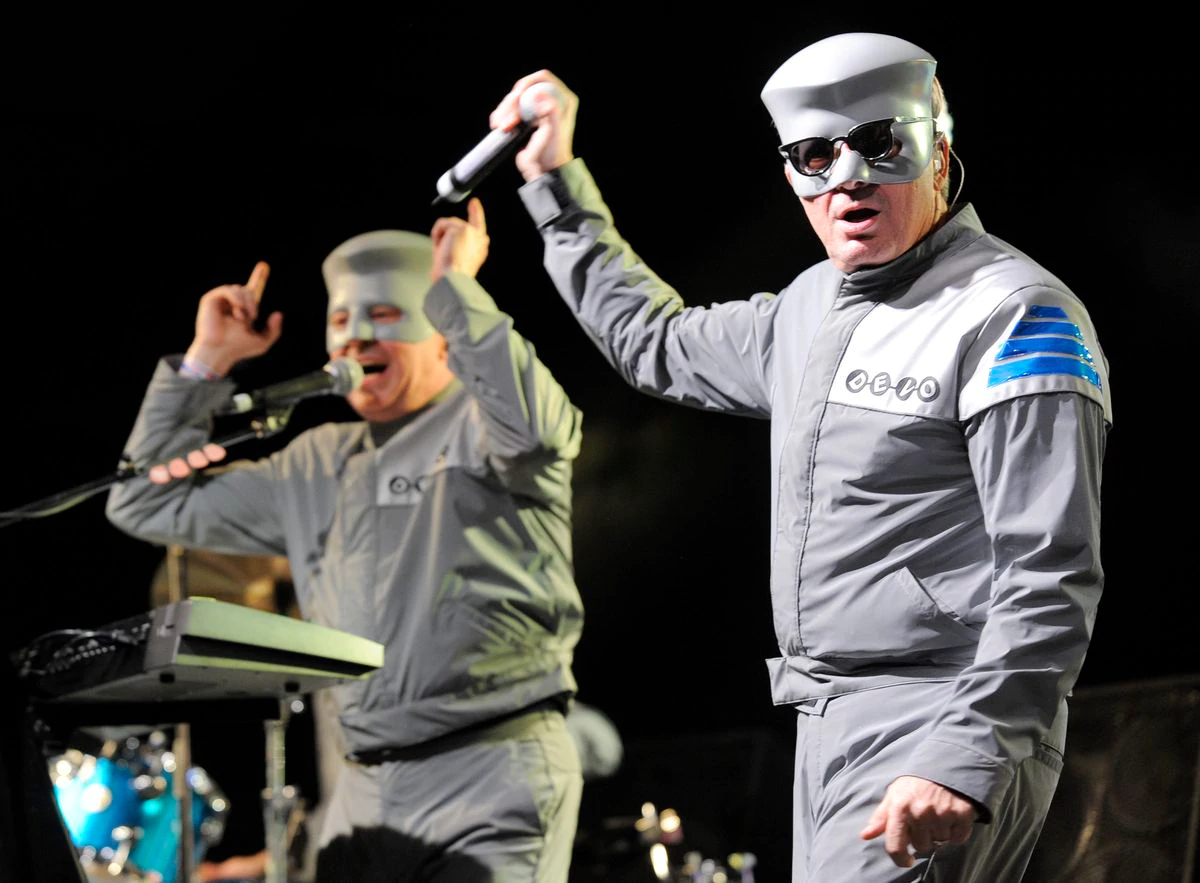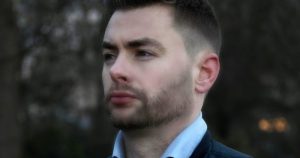The easiest thing to do, beyond doing nothing at all, is to be cynical about the purpose of protesting injustice.
“What is it going to do?” the weary cynics ask. “What effect will it actually have? Nothing is going to change, so why bother?”
I heard so many scoffing variations of such sentiments last week, when percolating conversations between the Raptors and Celtics about boycotting Game 1 of their playoff series to protest police brutality and racial injustice after the police shooting of Jacob Blake in Wisconsin turned into genuine action when the Bucks boycotted Game 5 of their series against the Magic.
My response to the “what is this going to accomplish?” people was this: I don’t know. But history is full of heroic people who took a stand and found out.
Less than a week later, we’re only beginning to get the full answer to the impact of the NBA protests, which led to a three-day shutdown and served as guideposts for athletes in other sports to follow suit.
There have been palpable effects already. And we already know the answer to this: Was it worth it? Hell, yes.
At the least — the very least — the protests turned the NBA into a get-out-and-vote force. Owners, fearful of further hits to the bank account and how the absence of games would affect relationships with sponsors, agreed to allow their arenas (the ones owned by the teams, anyway) to be turned into voting centers. That is very real progress.
Start affecting the bottom line, folks, and you see how fast things can change. (See: The Washington Football Team, whose owner was defiant on keeping the racist name for years, right up until sponsors began balking.) The players using their leverage forces the owners to wield theirs with the government; the owners get their phone calls answered by politicians.
The Bucks boycott led to a dormant police-reform bill in Wisconsin getting a voting session scheduled after the team owner called the governor. That’s power. That’s clout, well-wielded. It’s not just that the NBA protests forced a plan of action from the owners; it reminded us that protest is action.
For a few days, the NBA players — to paraphrase some Fox News nonsense — didn’t shut up, and they didn’t dribble. Even if it hadn’t led to change, it’s still better to be on the right side of history than to ignore injustice.
In many ways, it felt like a transformative week in the sports world, including when the Mets and Marlins left the field and did not play after a 42-second moment of silence on Jackie Robinson Day, or when NHL players seemed to realize almost collectively that they needed to speak up too. But it was infuriating as well, with hypocrisy in predictable abundance.
That begins with the stick-to-sports crowd, ever-willing to ignore that sports have always been intertwined with politics and vice versa because they don’t like the message or manner of protest or don’t want to be confronted with the flaws of their own beliefs.
I thought the Bruins’ Brad Marchand put it best when asked what he’d say to fans who want players to stay out of social justice matters: ”Too bad. We have bigger things we care about, want to do, and want to improve on.”
I wonder sometimes, and more often lately, how many people who pay tribute to Jackie Robinson or saluted Muhammad Ali when he died or claim to admire Bill Russell also refuse to acknowledge that Black Lives Matter means equal to other lives, not more.
I wonder how they rationalize hearing Devin McCourty talk about a sense of hopelessness after the Blake shooting, or seeing Cedric Maxwell tweet a photo of the segregated beach he went to as a child, or watching Jim Rice — a stoic who has endured more than we will ever know — near tears on NESN, practically plead, “My whole reaction is, why can’t we just live together?”
I wonder how peoples’ eyes don’t just roll out of their heads in a rage when Jared Kushner, the ultimate Thanks Dad, says of LeBron James and the players’ boycott: “What I’d love to see from the players in the NBA — again they have the luxury of taking a night off from work, most Americans don’t — I’d like to see them start moving into concrete solutions that are productive.”
I’m pretty sure “Concrete Solutions” is the name of one of the crappy rental properties Kushner owns and uses to bilk poor people out of what money they have. LeBron has his flaws — he was a hypocrite on the NBA ties to China — but he’s a principled man who has opened a school, paid for kids’ college education, and works to combat voter suppression.
I suspect the types who would side with Kushner are the same ones who gleefully shared a fake Larry Bird meme that was going around recently, attributing a quote to him about “radical fundamentalists” in the NBA and how today’s players are too “flashy.” The meme, a veritable Bingo card for bigots who like to tell you they haven’t watched the NBA for years but still have an opinion, was completely, offensively fake.
Anyone who actually knows a thing about Bird would know better. Bigots don’t get to co-opt Larry by wishcasting what they hope he’d say. And anyone who still liked this garbage after the Pacers confirmed that it was fake had better not cry “fake news” about any truth they don’t want to hear ever again.
It was satisfying to watch the other leagues follow the NBA’s lead yet again in choosing to protest, though there was certainly some turbulence. The juxtaposition of Mookie Betts’s Dodgers teammates standing with him in boycotting a game while Jackie Bradley Jr., the Red Sox’ lone Black player, too often appeared to be on his own was difficult to ignore.
The Red Sox came around later in the week — manager Ron Roenicke said he got tears in his eyes talking to Bradley and urged parents to explain to children why there was no game Thursday — but there were reminders of how far there is to go.
Red Sox reliever Ryan Brasier retweeted a video making fun of Clippers coach Doc Rivers for crying about how racism and police violence have affected him. Brasier later deleted the retweet, but what kind of person would find humor in mocking that video in the first place? Where’s the empathy? Where’s the humanity?
Sometimes the most powerful action we regular people can take is letting someone know they are not alone. And the most powerful action those with leverage can take is letting us know they’re not going to put up with injustice anymore.
It’s hard not to be cynical, I know. It’s hard not to be negative. Even here, I’ve probably dwelled too much on the lousier parts of this historic week. What the NBA players did was inspiring. It was progress. It was necessary. And it worked.
Here’s to what the Bucks and the Raptors and the Celtics and every other NBA team did. Here’s to afflicting the comfortable and refusing to let them use the games to escape a real world that requires so much repair.
Here’s to not sticking to sports. Here’s to knowing that shouldn’t even be an option.



















